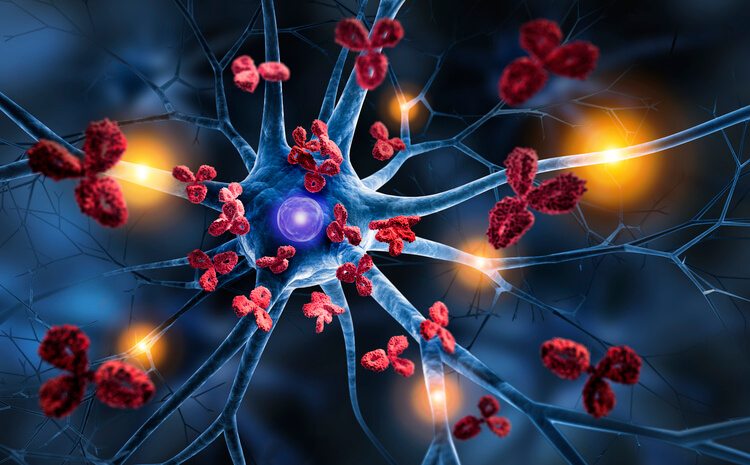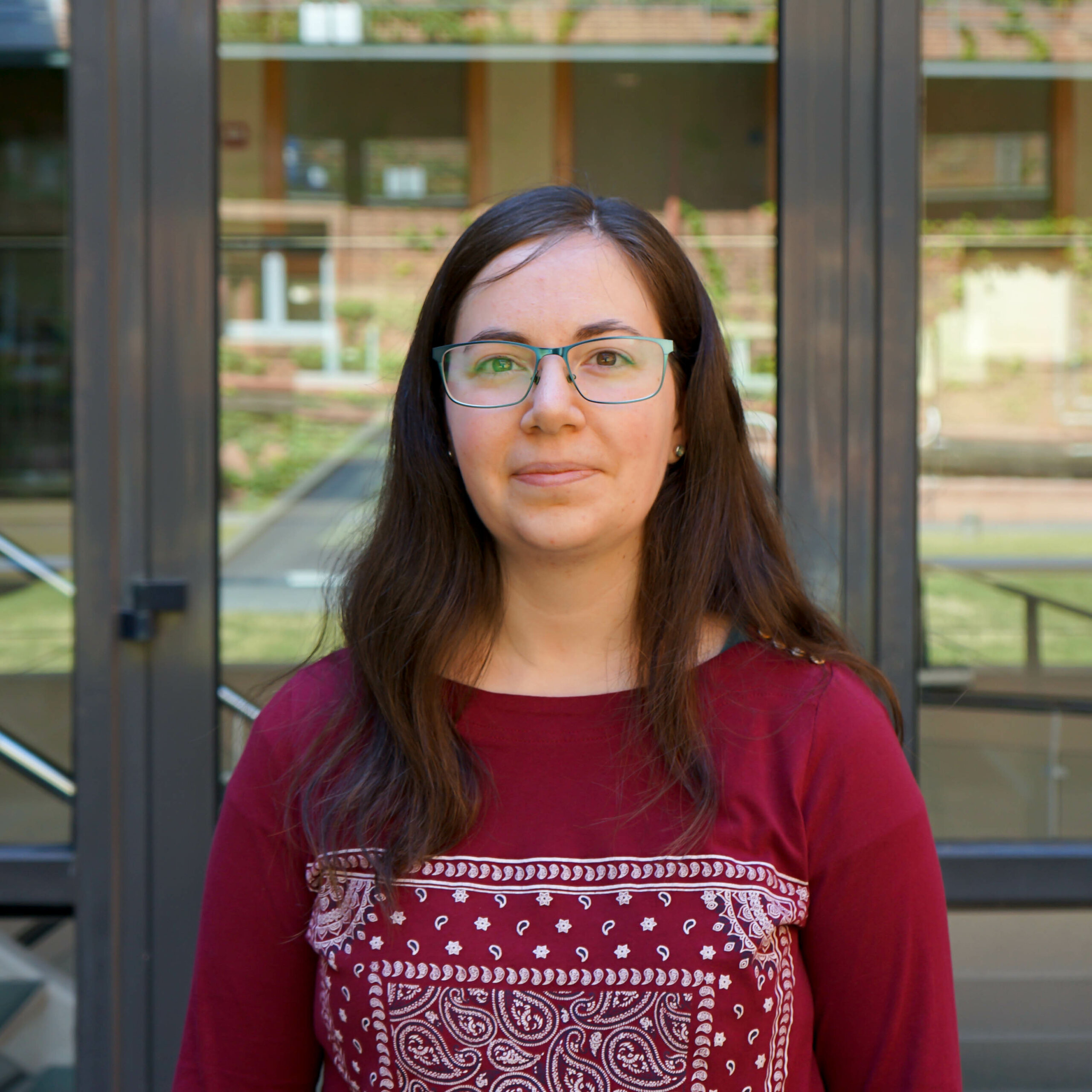The Outstanding Early Career Research Award of RSC Chemical Biology is a recognition awarded annually by the Royal Society of Chemistry (RSC) and is aimed at recognizing and celebrating outstanding contributions within the field of Chemical Biology. This initiative aims to recognize the dedication, innovation, and research with the greatest potential for impact carried out by young researchers. All annual publications are assessed, with a special emphasis on the high quality of the publication, the innovation of the research, the number of downloads, and the associated citations, taking into account their future impact.
An IQS Publication Wins the RSC Award for Outstanding Research

In the 2023 edition, the RSC award was given to the publication BrainBike peptidomimetic enables efficient transport of proteins across brain endothelium by the ChemSynBio group within the Department of Bioengineering at the IQS School of Engineering, a team of young researchers led by Dr Benjamí Oller Salvia.
This article was published in the January 2024 issue of the journal RSC Chem Biology and can also be found in part of two other noteworthy collections: RSC Chemical Biology – Editors Choice Collection 2023 and 2023 RSC Chemical Biology Emerging Investigators. It entails research on the use of peptides to transport drugs across the blood-brain barrier, conducted by the group led by Dr Oller Salvia and Dr Cristina Díaz Perlas.
Dr Fabien Gosselet, with the Université de Artois, also participated.
BrainBike peptidomimetics
The main objective of the ChemSynBio group is to develop molecular tools to generate biotherapies to treat brain diseases, especially primary and metastatic tumours. One of the group’s main lines of research is the development of transport systems across the blood-brain barrier, which make it possible to increase the concentration of drugs in the brain. One of the recent achievements of the group has been the development of BrainBike-4, which is the foundation of the publication that won the Outstanding Early Career Research Award 2023.
BrainBikes are peptidomimetics, that is, short chains of amino acids with natural modifications. Specifically, in this case they are bicyclic peptidomimetics, the structure of which has two cycles and brings to mind the shape of a bicycle, hence the name BrainBike.
The molecules described in this article have been obtained by applying a cyclization strategy that had never been used in “shuttle” peptides aimed at the brain. The “shuttle” peptides make it possible to increase the transport of drugs to the brain, using receptors that are present in the blood-brain barrier. This research has shown that a member of this new family of bicyclic peptidomimetics, BrainBike-4, facilitates a more efficient transport of therapeutic proteins, such as antibody derivatives, through a blood-brain barrier model.
The leaders of this research, Dr Benjamí Oller and Dr Cristina Díaz, have told us about this award and what it represents for them.
What does it represent for you to have received this recognition? How important is it to your careers?
It’s a surprise and an honour to be recognized with an award such as the Outstanding Early Career Research Award of RSC Chemical Biology. This recognition demonstrates that the research we conduct in our laboratory is innovative and has future potential. It also gives us the courage and energy to continue developing our projects in this field.
Is it a recognition of cutting-edge research like what you conduct? How will your research continue?
In the group, we will continue working to improve drug transport across the blood-brain barrier, one of the keys to developing efficient treatments against brain cancers and neurodegenerative diseases. We will continue to develop shuttle peptides that use natural transporters, such as BrainBikes. However, the use of receptors that usually serve to transport natural molecules, which enable the usual functions of the brain, has some limitations and, therefore, we want to go further.
In the OBGate project, funded by the European Research Council, we are developing new molecular gates that allow entry into the brain more efficiently and selectively. We hope this strategy will represent a paradigm shift in drug delivery to treat brain diseases.












